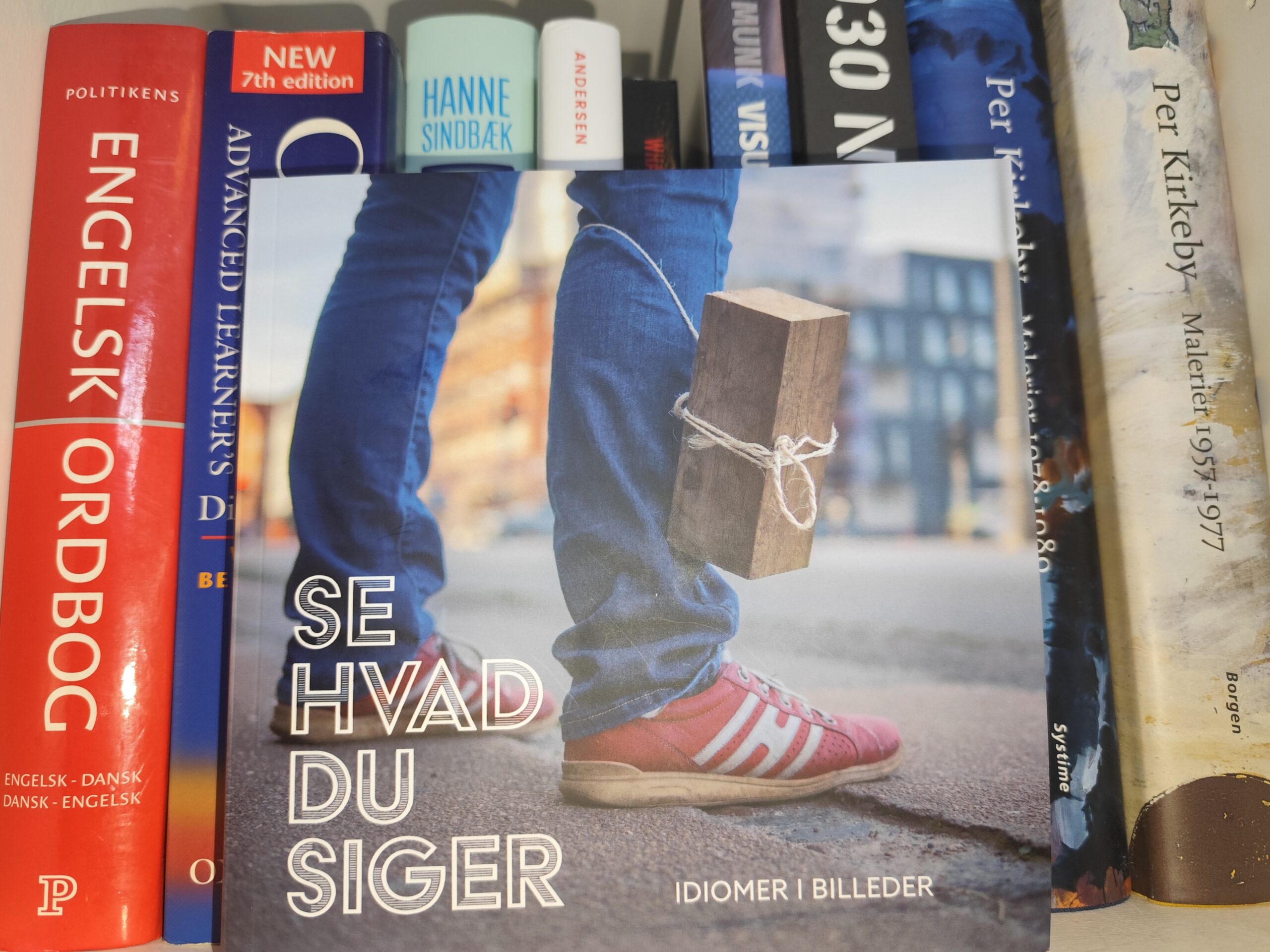There is a lot of eye-rolling in our editorial offices every time the national press has a field day telling us something we already know: Denmark is not the easiest place for a foreigner to come and settle. But this past week, our orbs barely stayed in our sockets when not one, but two stories made the rounds, neither with anything particularly new to offer.
Navigation magazine’s report that Copenhagen lags behind other European cities when it comes to attracting and retaining foreign professionals pointed to a general unwillingness among Danish companies to hire foreigners, a lack of openness towards foreigners amongst the populace, and a system that slaps foreign workers with sky-high taxes while simultaneously barring them from various social services.
But a look at the comments on almost any given article on our website will show that the foreigners already living here know all of this all too well.
The report also highlighted an unrealistic and inflexible approach towards ‘career nomads’ who only plan to be in Denmark for a short time before moving on to the next job. These short-term residents are still expected to learn one of the world’s most difficult languages and fully conform to Danish norms.
The other element of being a foreigner in Denmark that we are all too familiar with is the sub-standard treatment one often receives from Immigration Services.
So, while we were grateful for Danish journalist Ralf Christensen’s well-written opinion piece about being treated in a “degrading”, “inhumane” and “suspicious” way by Immigration Services, we were more than a little confused by the subsequent uproar that it created.
Clearly those people who were taken aback by Christensen’s piece aren’t readers of The Copenhagen Post, as we’ve been sharing similar stories for some time. Or, perhaps they only care now that a connected Danish citizen is making the case rather than foreigners themselves. If this is the case, we thank Christensen for shedding light on the often sorry state of affairs at Immigration Services, but we find it somewhat ironic that his complaints have been given more weight than those of actual immigrants to this country.
To be fair, things seem to be slowly moving in the right direction under the new government, and Copenhagen’s mayor, Frank Jensen, seems to be making a genuine effort to make Copenhagen a more attractive place for internationals. But as the Navigation report and Christensen’s piece both so effectively demonstrated, there are still a myriad of problems and obstacles for those who are coming to Denmark, both for professional and personal reasons.














